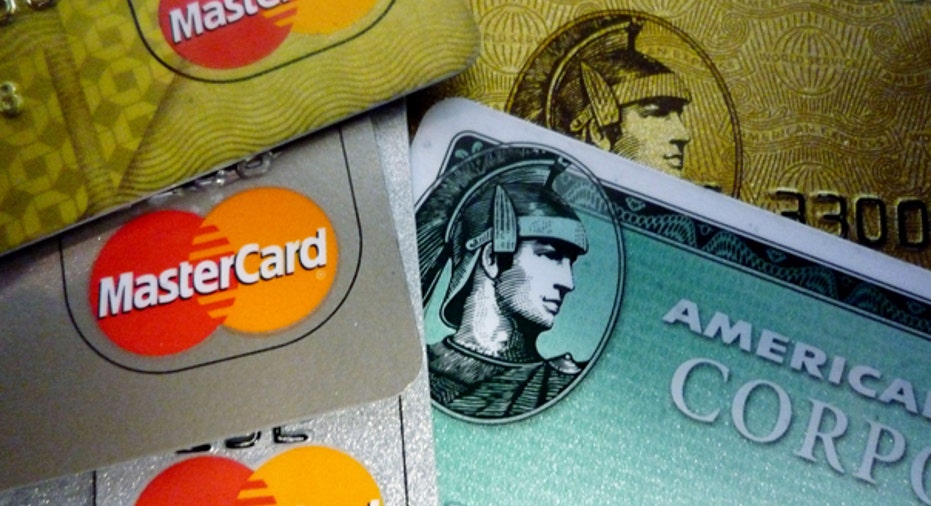Be Mindful of Your Card's Hassle-to-Rewards Ratio

Dear Cashing In,
I just read an article stating that rewards credit cards are a big waste of time and effort. What are your thoughts? Should I get rid of my rewards credit card or hang on to it?
-John
Dear John,
My feeling is that if you're going to charge something anyway, why not earn some rewards for it? As long as the rewards are a byproduct of the spending you would do anyway and are items you can actually use, why not?
Used with those parameters in mind, a rewards credit card is the equivalent of an interest-bearing savings account. If you're going to park some cash, why not choose an account that earns interest, everything else being equal?
If you find you're spending more time and effort earning rewards than using them, however, I'd say your rewards card is the wrong card for you -- especially if you're paying a hefty annual fee. The hassle-to-rewards ratio is always something to be conscious of, in the same way you should be conscious of any discount that inspires you to purchase something you don't need or doesn't fit your lifestyle.
Jumping through endless hoops to maximize credit card rewards you don't use is similar to paying $60 per month for a gym membership you never use, or busting your holiday budget because you can't resist saving on every sale that comes along. If you find yourself doing these types of things, you've probably become a victim of the phantom rewards mentality -- you know, the ones that exist more in your head than in reality.
If that's the case, join the club! It's a common phenomenon and easy to fall victim to, including when we sign up for rewards cards. Start by analyzing your own charging habits. Perhaps there's a way to use your rewards card to cover major bills that you're paying via other means in order to maximize the rewards. Perhaps you could use the card more effectively, such as taking advantage of extra points for groceries and gas.
End of year is a good time to pull out your credit card bills and analyze what you're spending your money on and how much of those expenditures you're actually using. It's also a good time to analyze how many rewards you qualified for and how many you actually used. Maybe you'll find a cash-back credit card makes more sense for you than a travel rewards card, or vice versa.
If you're working harder for your rewards card than it's working for you, that doesn't necessarily mean you're better off abandoning rewards. It may just mean you need a different credit card.
Once you're clear about your spending patterns, find a rewards card that's going to perform for you. Rewards cards are something of a commitment, and some pan out better than others. Before you let those sign-up bonuses tempt you, do some research. Review the fine print on the deal and try to find reviews online, including customer reviews. Travel rewards cards are frequently discussed on the forums at flyertalk.com, and you can find plenty of feedback and reviews on other rewards cards if you poke around.
Are people are having problems redeeming their rewards or miles on a particular card? Red flag. How a rewards card performs often depends on two separate entities - the card issuer and the business they've partnered with, such as American Express and Delta Airlines. Before you take on such a card, you need to research the reputation and member contracts for both.
See if there's something you can shift in your usage of the card you have to better utilize it, without jumping through hoops. If not, figure out what "true reward" really means for you and set out to find a card with a reputation for making users happy and that fits your particular needs.



















